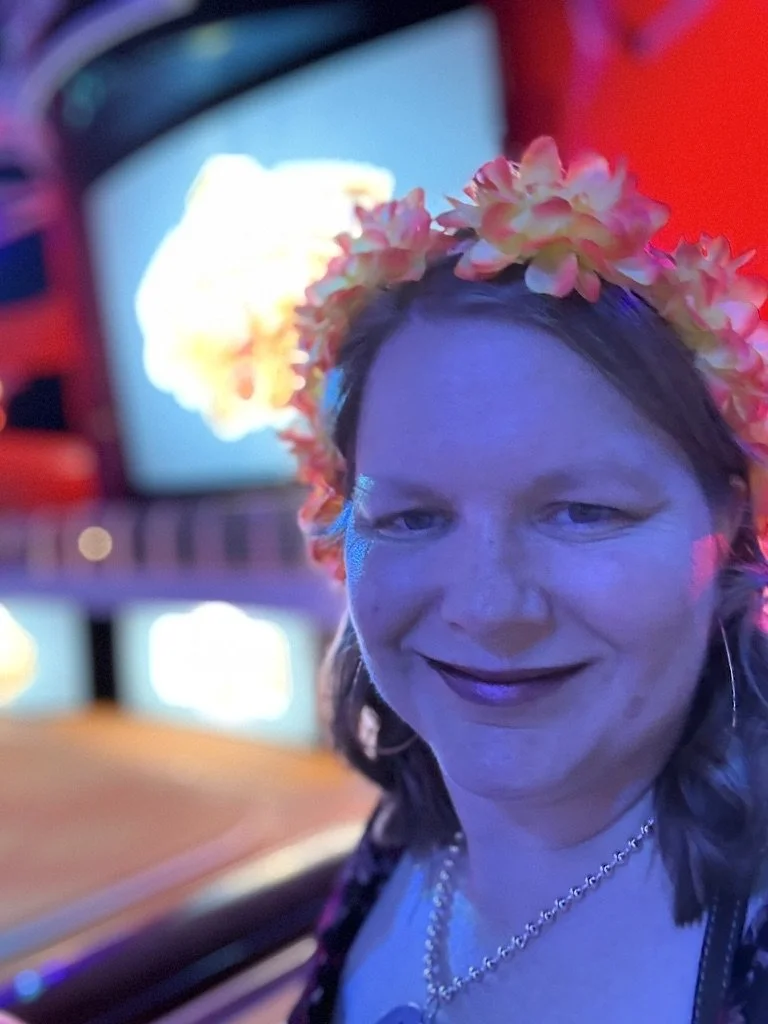Our goal this month is to improve our skills at asking open ended questions, so that we can get to know one another over time. This week we are getting to know each other's past. Here are some questions to get you started:
- How would you compare yourself as a mother/father to your own mother/father?
- How have you changed in the last year?
- What legacy do you want our family to take from your family? From your culture?
- What are some unfulfilled things in your life?
- How has your outlook in life changed in the past 2 years?
- What were the highlights and low-lights of your adolescence?
- If you could re-do any decade of your life, which decade would you choose and why?
- How have you changed as a daughter or son?
- How have you changed as a brother or sister?
- What relatives have you felt closest to and why?
- Who has been the most difficult person in your life (other than a partner or spouse) and why?
- Who was your childhood hero or heroine and why?






